Surveying corruption anew
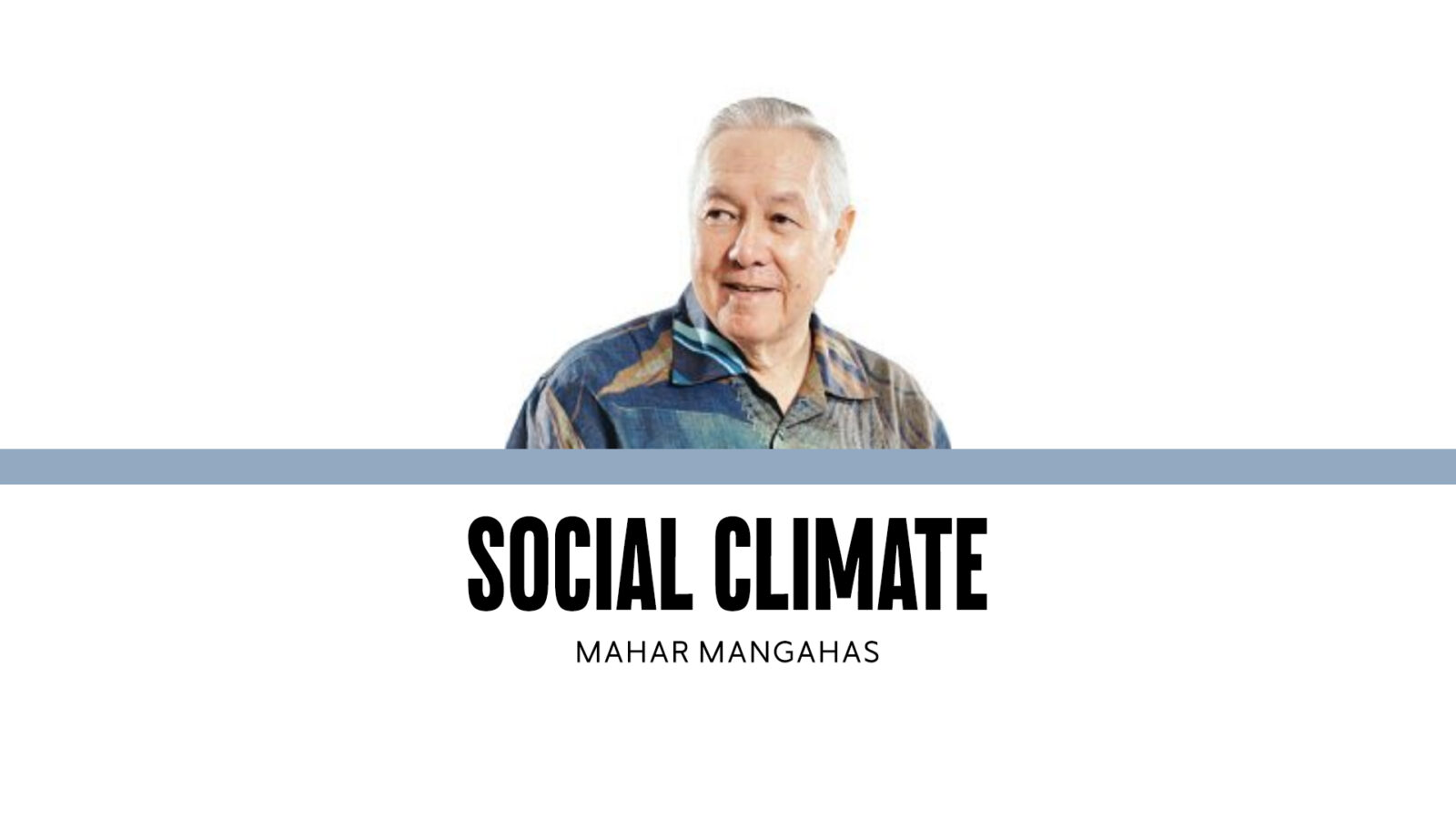
Social Weather Stations fielded a special opinion poll on the topic of corruption in the National Capital Region (NCR) and the neighboring provinces of Bulacan, Cavite, Laguna, and Rizal (“Mega Manila” for short) last Oct. 19 to 22, on its own account. This survey is statistically representative of adults in those areas; it was geographically limited to cover the largest contiguous area that SWS could afford from its internal funds.
Last week was the first public presentation of the survey findings, at an event co-organized with the National Research Council of the Philippines, Social Sciences Division, held both face-to-face and via Zoom (see “SWS October Mega Manila survey on corruption presented at Kapihan sa SWS,” www.sws.org.ph, 11/13/25, for the slides).
The Mega Manila survey findings are generally dire: 77 percent say corruption in government is more widespread now than three years ago; this 77 percent breaks down as NCR 80, Bulacan 71, Cavite 76, Laguna 74, and Rizal 74.
*Eighty-three percent of Mega Manila see corruption at the national level of government, while 38, 35, and 25 percent see it at the provincial, city/town, and barangay levels, respectively.
*Seventy-five percent say it is government officials who initiate the bribes, rather than the bribers offering them; 66 percent say it is improper to give any money or gift to speed up transactions with the government.
*Percentages of opinion on the steps taken by the current administration to eradicate corruption: very effective 12, somewhat effective 15, hardly effective 33, not at all effective 27, don’t know enough about them 13.
*Government institutions rated for sincerity in fighting corruption, starting from the worst (percentage sincere minus percentage insincere): Department of Public Works and Highways (DPWH) -43, Bureau of Customs -15, the House of Representatives -8, the Senate -6, Department of Budget and Management -4, Office of the President +4, Commission on Elections +4; all others are double-digit positive.
*Among those personally aware of a corrupt act, 49 percent experienced it in the last 12 months, but 96 percent did not report it, the main excuse being that nothing would happen anyway.
*Twenty-four percent were aware of the Independent Commission for Infrastructure even before being interviewed; their opinion is split as to whether the ICI will do a fair investigation of flood control projects.
*Seventy-four percent want corrupt officials to suffer harsher penalties.
*Seventy-two percent have followed news about graft and corruption in government flood control projects. The percentages following the news consist of: very closely 22, somewhat closely 31, just a little 19, not at all 14, and just heard about it now 14.
Among those following such news, the net believability rates (percent believable minus percent unbelievable) of the accusations are very high, for all those implicated: Rep. Zaldy Co +69, Speaker Martin Romualdez +60, Benguet Rep. Eric Yap +59, former Caloocan Rep. Mitch Cajayon-Uy +59, Commission on Audit commissioner Mario Lipana +59, former Sen. Bong Revilla +53, Sen. Jinggoy Estrada +50, Sen. Chiz Escudero +49, Sen. Joel Villanueva +43, and former Sen. Nancy Binay +40.
The net believability rates are likewise very high for the testimonies of the witnesses: spouses Pacifica Discaya and Sarah Discaya +71, engineer Henry Alcantara +70, engineer Brice Hernandez +59, contractor Sally Santos +59, former security aide Orly Guteza +58, and former DPWH Undersecretary Roberto Bernardo +51.
Net agreements (percent agree minus percent disagree) about the Discaya spouses are: (a) they should NOT be made state witnesses because they should not be exempted from punishment, +42; (b) before they can become state witnesses they should first return the money they allegedly got, +78; and (c) because their government contracts allegedly reached 78 billion pesos, they are truly in a position to reveal information about corrupt government officials, +71.
Throwing survey numbers at the corrupt doesn’t solve corruption, any more than making hunger numbers feeds the hungry. The numbers are not directed at public officials in particular. They are simply for those who care.
—————-
Contact: mahar.mangahas@sws.org.ph.
Dr Mahar Mangahas is a multi-awarded scholar for his pioneering work in public opinion research in the Philippines and in South East Asia. He founded the now familiar entity, “Social Weather Stations” (SWS) which has been doing public opinion research since 1985 and which has become increasingly influential, nay indispensable, in the conduct of Philippine political life and policy. SWS has been serving the country and policymakers as an independent and timely source of pertinent and credible data on Philippine economic, social and political landscape.

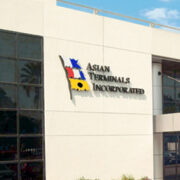



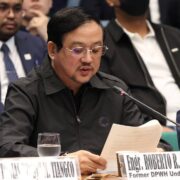
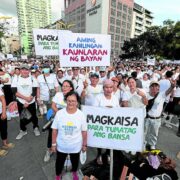
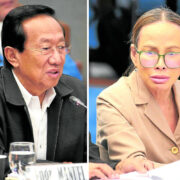
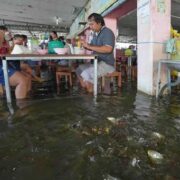
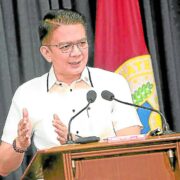
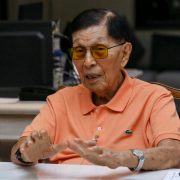
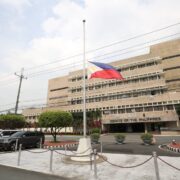



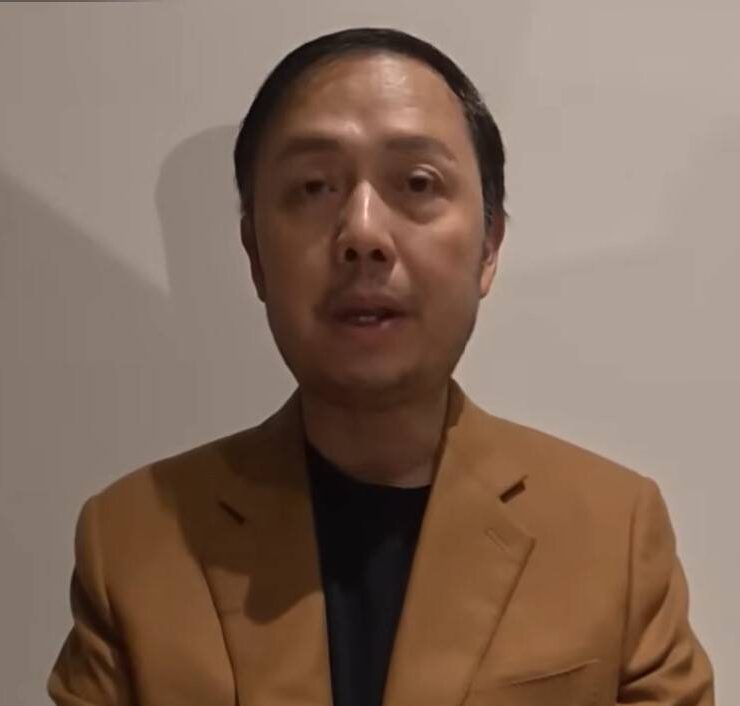
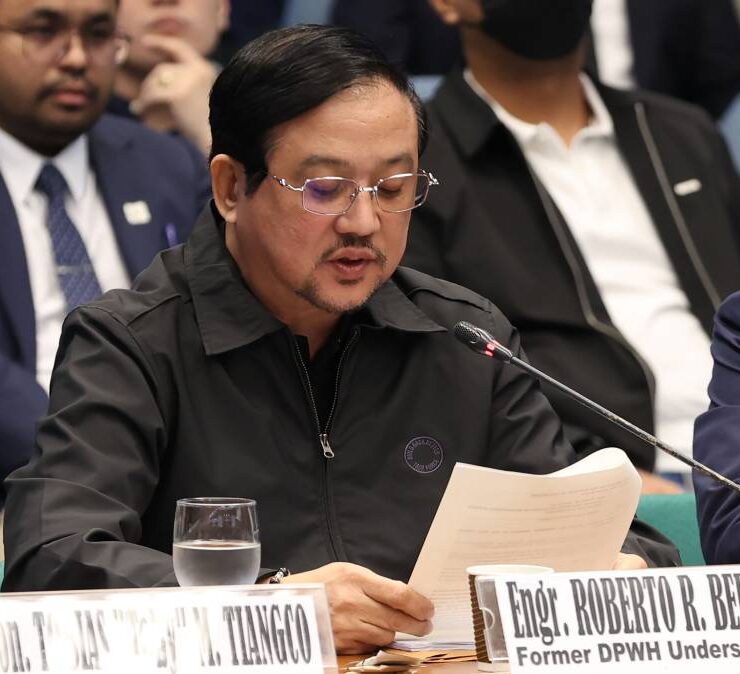
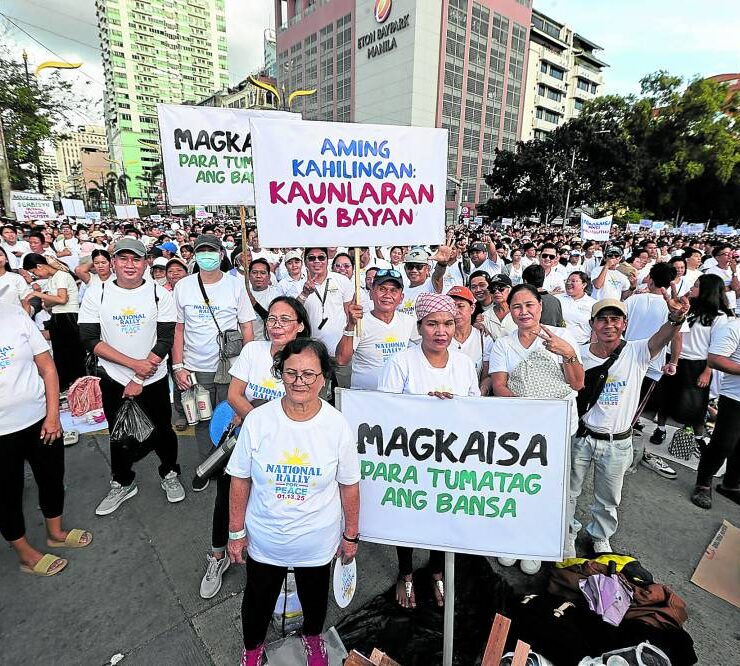
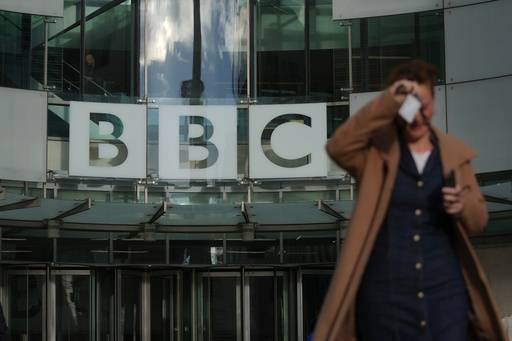


Bangon Masbate: The long road to recovery